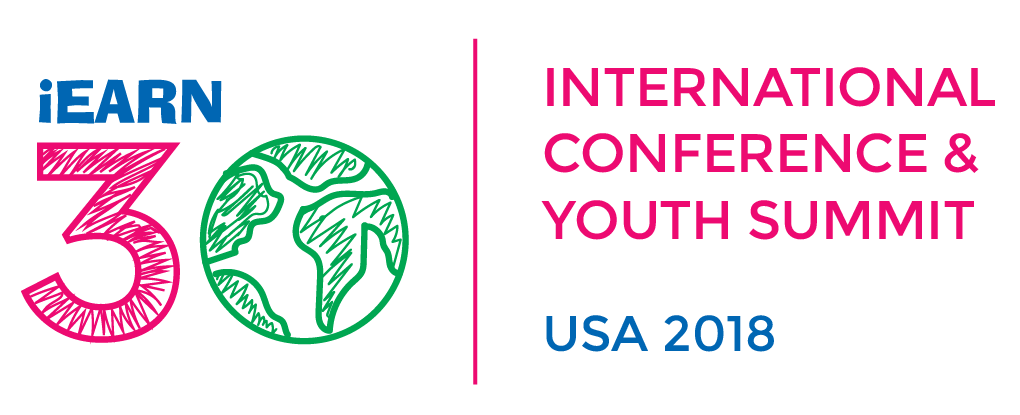Sessions
Folk and Culture Project at the iEARN Conference
Yoshiko Fukui
iEARN Japan
Yoshiko Fukui
Yoshiko Fukui is a chief and a country coordinator of iEARN Japan and a facilitator of iEARN's Origami project and iEARN's Folk and Culture project. Yoshiko is also a steering committee member of the Regional Center on ESD Hyogo Kobe 4 and a staff member of Kobe City's Social Welfare Councils.
Ayana Tanaka
iEARN Japan
Ayana Tanaka
Ayana Tanaka is a facilitator of the Folk and Culture project and a member of iEARN Japan.
Type: Interactive Workshop
Location: Room 1106
Date: Friday
Time: 2:00-2:50 PM
This session is associated with a UN SDG!
This session relates to the Folk and Culture Project iEARN Project!
Session Description
The Folk and Culture project enables students to learn facts about the history of folk and culture and to engage in conversation about the bygone era of culture and folk dances and drama. Students discuss the forgotten folk and culture of various countries and contribute their views in the form of a data bank, which can be handed down to the next generations as reference. As the industrial and academic sectors support regional society together, this project will lead to strengthening the ties of regional society and to local culture being handed down to the next generations.
What will educators learn and be able to do at the end of the session?
Some local cultures are being forgotten by the younger generation.
In Kita-ku, Kobe-shi, Hyogo, Japan there were many farms and farm villages where Kabuki existed from ancient times. Kita-ku still exists in Several farm village, which shows that there were the prosperous times of the Village Kabuki culture.
However, this culture, Village Kabuki for children, is now facing the fear that the tradition will be cut off because of a shortage of successors. One reason for this shortage is that children who have learned the dance often feel ashamed to show their Kabuki dance to their friends because of the flashy costumes and makeup, so that they do not choose to continue when they enter junior high school. They are not proud of their cultural knowledge because they lack the understanding of its value.
We need to educate the children on how valuable the culture they have is and encourage them to realize the need to leave this culture to posterity. There must be similar situations in many regions in the world. Children should be aware of the value the culture in their region and recognize the importance of leaving the culture to future generations. We encourage children to make a record and upload it to our website to keep these cultures for posterity.
Additional Session Information
Project participants are divided into groups according to their ages (middle school - 12-14, high school - 15-18). Using the project forum and mailing list, participants express their opinions and discuss the value of folk culture, the history of folk culture in their local region, interesting facts about folk culture and proverbs about folk culture. The participants illustrate them, compare the present and past entertainment means (images, videos, live performances), and make media products (films, posters, presentations, slide shows). Students are encouraged to discuss questions connected with the bygone folk culture and to design a procedure to procure and save the records of the forgotten culture and other interesting remnants from the past.
Session Resources
Folk and Culture Project
These are the slides for the iEARN conference session(workshop)
